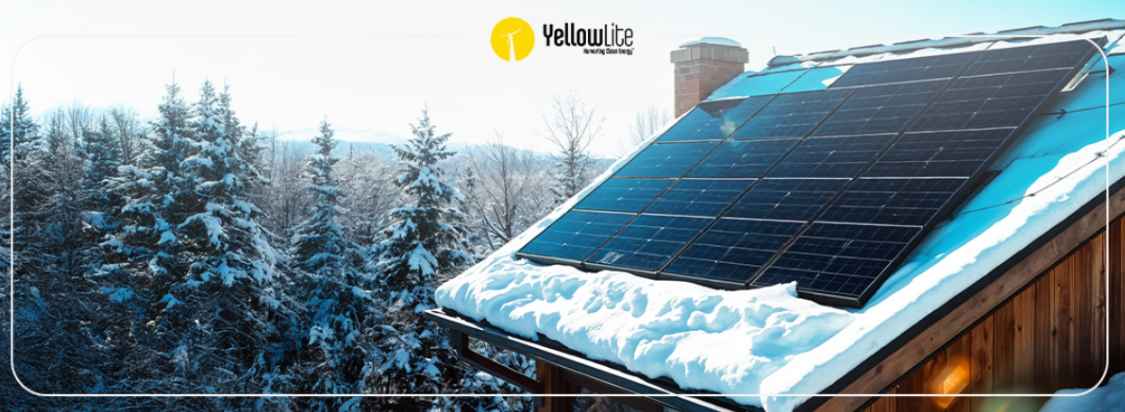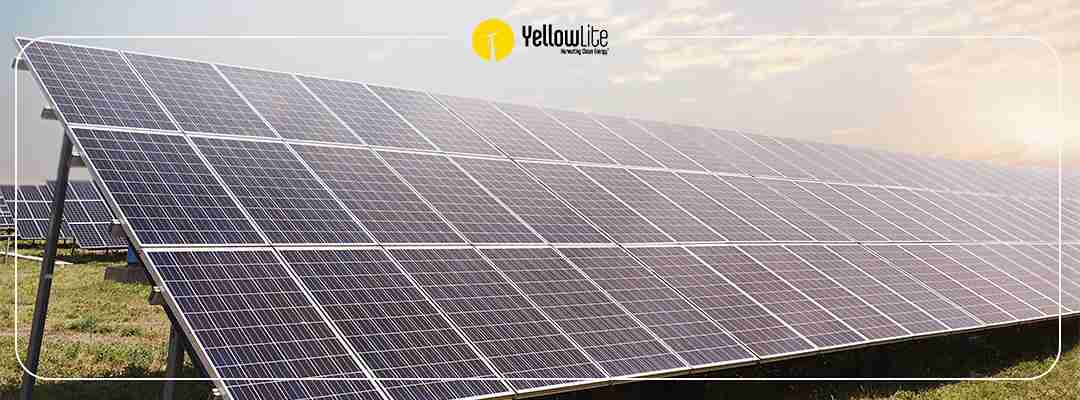The shutdowns in response to the spread of COVID-19 have caused a number of unexpected side effects. The sudden change in our daily routines has impacted our social activities, resource accessibility, the economy, and the environment. Many of us have focused on improving or just managing the negative consequences, but we can’t deny that there have been some positive results from adjusting our lifestyles. It’s impossible to adopt such dramatically different practices without looking ahead to a time when they’ll no longer be required.
Our preparation for life after COVID-19 needs to consider how all of our actions go beyond our personal lives and impact the global community. Let’s take a look at what might happen once the lockdowns are lifted:
Influencing the Environment & Climate Change
As the world has noticed, the recent shutdowns have caused a significant decrease in transportation and industrial activity, meaning less air pollution contributing to climate change. While communities around the world have gladly welcomed this unexpected side effect of the shutdowns, our actions once restrictions are lifted will determine whether or not it will last.
In the short term, many people will resume their postponed travel plans once transportation services revert back to their previous freedoms. Other groups who have grown tired of their home-bound routines may hatch new plans. Either way, the reduced carbon emissions will jump up once more. On the other hand, becoming accustomed to limited travel may result in a more reserved approach, where those who have valued their time at home become the majority and we don’t have crowds rushing to book the next flight out of town.
Creating More Independence
Thanks to technology and international trade, the world is more connected now than at any other point in history. This is incredibly beneficial for accessing resources, exchanging information, and further developing relationships across cultures. But as the spread of COVID-19 has shown us, there are also risks to our trade-offs. COVID-19 is believed to have been passed to humanity from an exotic animal at a marketplace. While the specific incident is under debate, this concept argues that the ease of wildlife trade and international contact contributed to the rapid spread of the virus.
Global trade, travel, and tourism have all decreased substantially as a response to the outbreak, pushing regions to utilize local resources and services. Whether this solution persists after shutdowns and travel bans are lifted will determine how economies will adapt. A quick return to business-as-usual may disadvantage areas that rely heavily on tourism and imports in the long run while a complete avoidance of these practices could hurt them immediately.
Maintaining Health & Safety
A very clear consequence of the spread of COVID-19 has been a detrimental impact on healthcare systems. The rapid spread of the virus has drastically increased the demand for resources like protective gear and life-saving equipment. While the risk is serious, it’s also urging our leaders to implement system changes and preparedness to ensure that situations in the future will be more manageable. The situation has also been a driving force for prioritizing workplace safety in addition to personal safety.
In an effort to lower exposure, protect healthcare workers, and prevent compromising patient care, our communities have been reducing unnecessary behaviors and utilizing protective measures for those at risk. But how will we react once the threat of illness is no longer critical? It’s understandable that some of the precautions, such as the 6-ft physical distance, may disappear as people excitedly reunite. But what about the reinforced workplace safety, or the consideration for people with compromised health? If we carry these behaviors into life after the pandemic has subsided, we can prevent future tragedies and strengthen our communities.
Planning for the Path Ahead
The big question is: after the threat of COVID-19 dwindles, how will the world move forward? Overall, individuals everywhere can contribute to improving society by following through with their own actions every day. The pandemic responses have proven that changing the way you approach new situations and adjusting your old routines have a huge impact on the world. Our daily habits can stop the worsening of climate change, reflect what systems should be a priority and what systems need to be updated.
Modifying your lifestyle with sustainable/moderate practices, relying on local resources, and prioritizing well-being, might be the best actions we can take to create a more certain future. Start right away by keeping up with the changes you’ve made during this time, or even adopting new thoughtful habits. Simple adjustments like substituting your traditional fossil fuel energy with clean energy like solar make a huge difference in your independence and your contribution to climate change.
Learn more about how solar power offers a sustainable and independent energy solution by reaching out to a YellowLite solar consultant.
Call us at 216-333-1364
Email us on https://www.yellowlite.com/contact-us/



